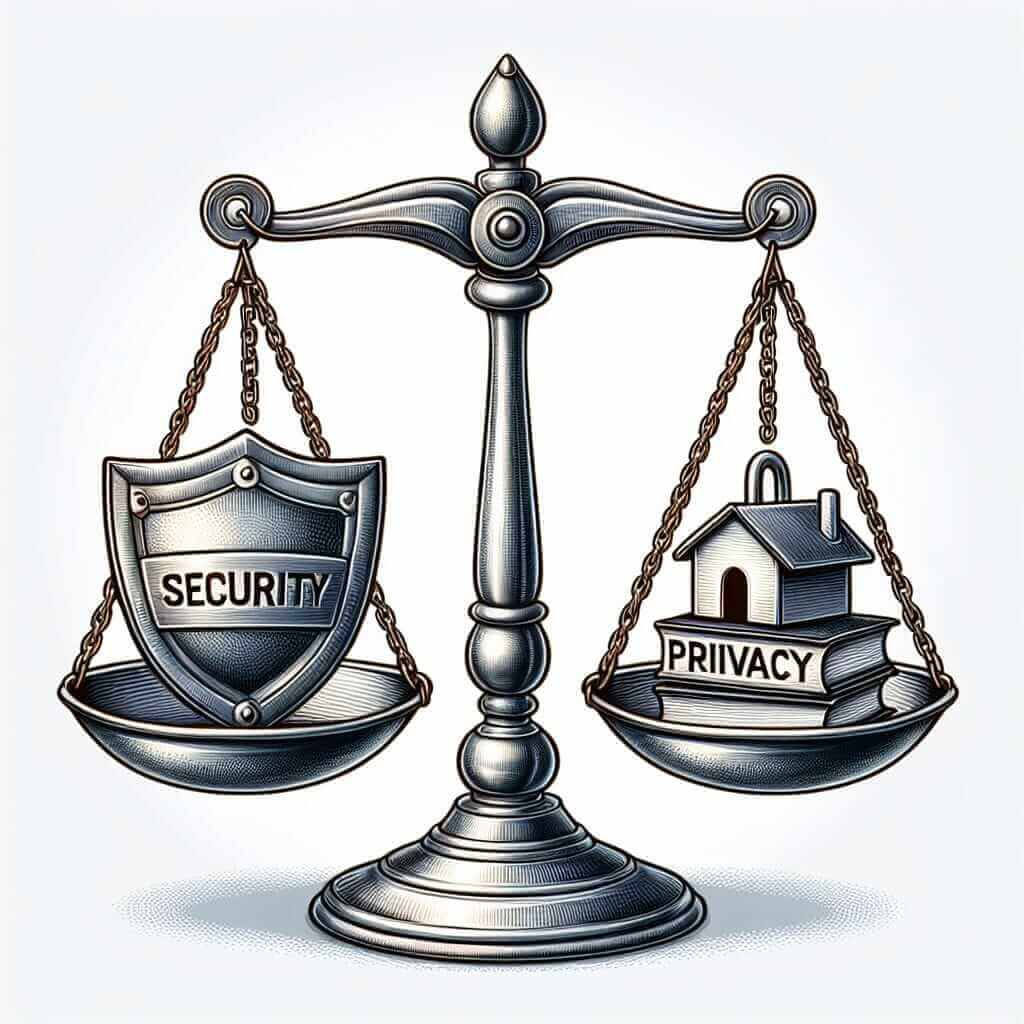The Reading section of the IELTS exam can often be challenging, especially when tackling topics that require a keen understanding of both the subject and the ability to critically analyze information. One such topic is the implications of digital surveillance on civil liberties. This article aims to provide a comprehensive and engaging reading practice that mirrors the real IELTS Reading examination format. We will explore the implications of digital surveillance on civil liberties, a subject that has become increasingly relevant and frequently discussed in recent times.
Given the rise of technology and its pervasive presence in our lives, digital surveillance is a hot-button issue that continues to shape civil liberties globally. This topic has appeared in various forms in past IELTS exams, making it a subject that test-takers should be familiar with.
Digital Surveillance and Civil Liberties: Reading Practice
Text Example
The following text is a medium-difficulty passage archetype commonly found in IELTS Reading tests.
Digital Surveillance and Its Impact on Civil Liberties
The advent of digital technology has revolutionized the way societies function, bringing both advantages and challenges. One of the most pressing concerns is the impact of digital surveillance on civil liberties. Digital surveillance refers to the monitoring of internet and digital communications by governments, corporations, and other entities.
Proponents argue that digital surveillance is essential for national security. It helps prevent terrorism, cybercrimes, and other illegal activities. Data collected through digital surveillance can assist law enforcement agencies in tracking down criminals and preventing potential threats. Furthermore, it can contribute to improved public safety and a greater sense of security among citizens.
However, critics of digital surveillance point to the erosion of privacy and civil liberties as significant drawbacks. The constant monitoring of online activities can lead to a surveillance state, where individuals feel they are perpetually watched, inhibiting free expression and dissent. This chilling effect curtails the fundamental democratic right to privacy and freedom of speech.
Moreover, digital surveillance can be prone to abuse. There have been instances where surveillance data was used unlawfully or recklessly, jeopardizing individual freedoms. The lack of transparency and oversight in surveillance practices further exacerbates this issue. Whistleblower revelations, such as those by Edward Snowden, have highlighted the extent of digital surveillance and its potential misuse.
Balancing the needs of national security with the protection of civil liberties is an intricate challenge. Governments must implement robust oversight mechanisms to ensure surveillance practices are accountable and respect human rights. Transparency in how surveillance data is collected, stored, and used is crucial to maintaining public trust.
In conclusion, while digital surveillance can enhance security, it poses significant threats to civil liberties if left unchecked. Striking a balance between these competing needs requires careful consideration, legal protections, and ongoing public debates.
Questions
Multiple Choice
-
According to the text, what is one benefit of digital surveillance?
a. Increased privacy.
b. Enhanced national security.
c. Decreased government transparency.
d. Limited online activity. -
What is a potential drawback of digital surveillance mentioned in the passage?
a. Improved public safety.
b. Enhanced cybercrimes.
c. Erosion of privacy.
d. Increased free expression.
True/False/Not Given
- Digital surveillance has always been entirely transparent and accountable.
- Edward Snowden’s revelations increased public awareness about the extent of digital surveillance.
Matching Information
- Match the following details with the specific statements:
- Enhances national security.
- Leads to a surveillance state.
- Whistleblower revelations.
- Need for robust oversight mechanisms.
Answer Keys
-
b. Enhanced national security.
- Digital surveillance is said to help in preventing terrorism, cybercrimes, and other illegal activities, thereby enhancing national security.
-
c. Erosion of privacy.
- Critics argue that digital surveillance leads to the erosion of privacy and civil liberties.
-
False.
- The passage indicates that digital surveillance has not always been transparent, highlighting that lack of transparency is a concern.
-
True.
- The text mentions that Edward Snowden’s revelations brought to light the extent of digital surveillance.
-
- Enhances national security. -> Proponents argument.
- Leads to a surveillance state. -> Critics argument.
- Whistleblower revelations. -> Edward Snowden’s disclosure.
- Need for robust oversight mechanisms. -> Conclusion.
Common Errors and Lessons
- Misinterpreting Statements: Always read the passage carefully to avoid misinterpreting information.
- Overlooking Key Details: Pay close attention to details, as they often contain crucial clues for answering questions accurately.
Vocabulary
- Revolutionized (verb) | /ˌrɛvəˈluːʃənaɪzd/ | Completely change the way something is done.
- Proponents (noun) | /prəˈpoʊnənts/ | Supporters or advocates of a cause.
- Chilling Effect (phrase) | /ˈʧɪlɪŋ ɪfɛkt/ | Discouragement of legitimate exercise of natural and legal rights.
Grammar Focus
Complex Sentences: These often appear in academic texts, which combine multiple ideas to convey detailed information.
- Example: “While digital surveillance can enhance security, it poses significant threats to civil liberties if left unchecked.”
Tips for High Reading Scores
- Practice Regularly: Regular reading practice with diverse topics helps improve comprehension skills.
- Enhance Vocabulary: Building a strong vocabulary aids in understanding and interpreting texts effectively.
- Time Management: Learn to manage time efficiently to ensure all questions are addressed within the given period.

By following these guidelines and practicing with realistic reading passages, you can enhance your ability to score well in the reading section of the IELTS exam. Remember to always balance your reading sessions with critical thinking exercises to maximize your understanding and retention of complex subjects like digital surveillance and its impact on civil liberties.